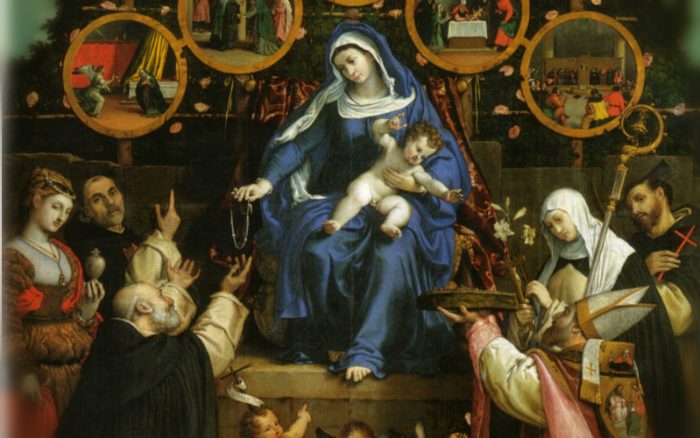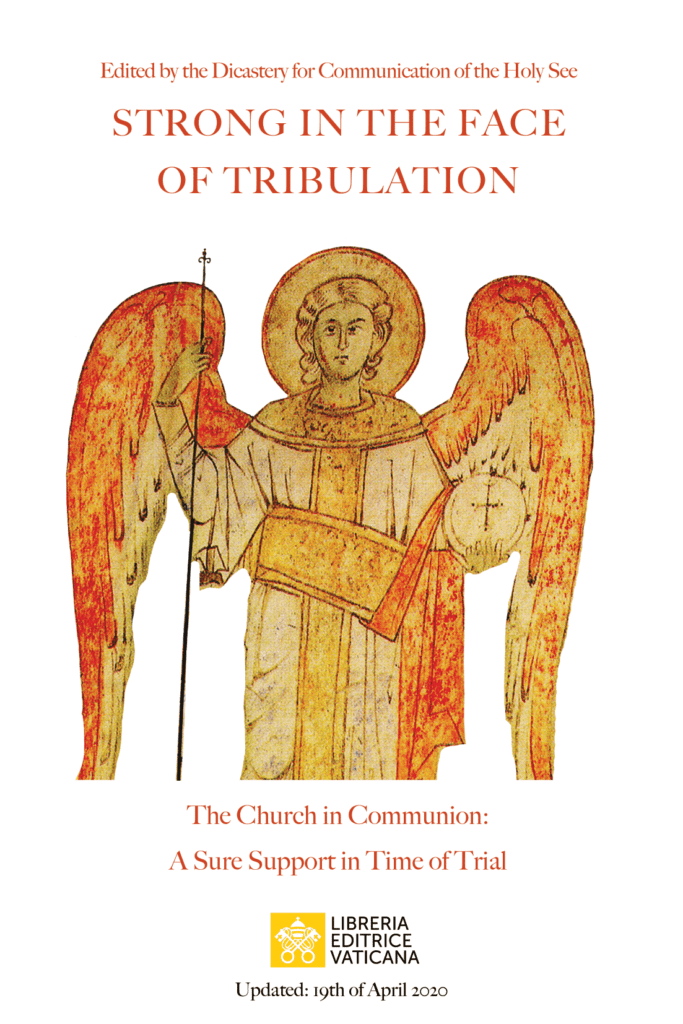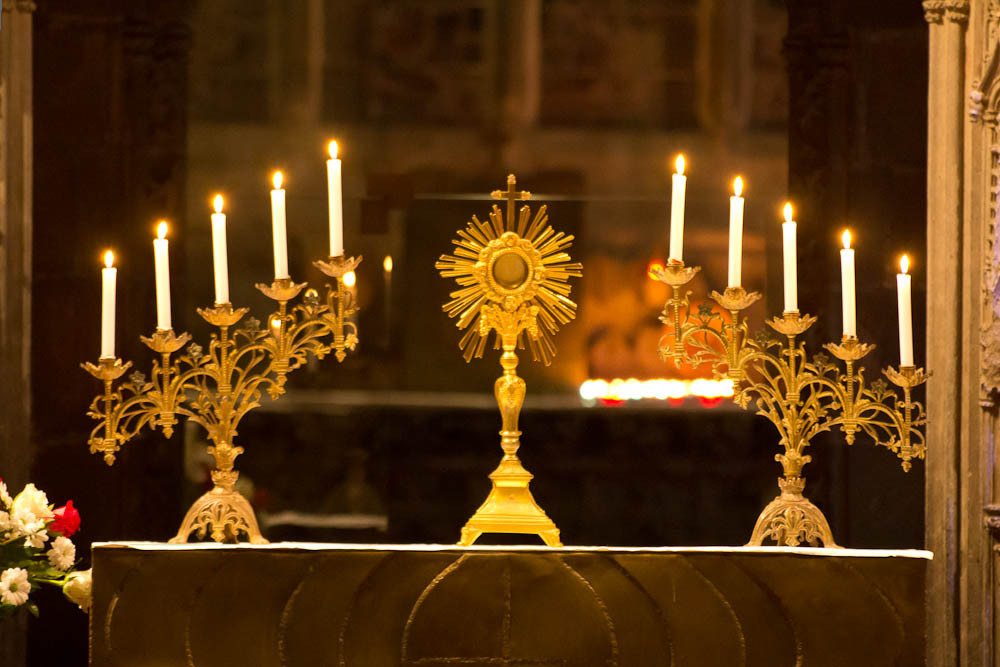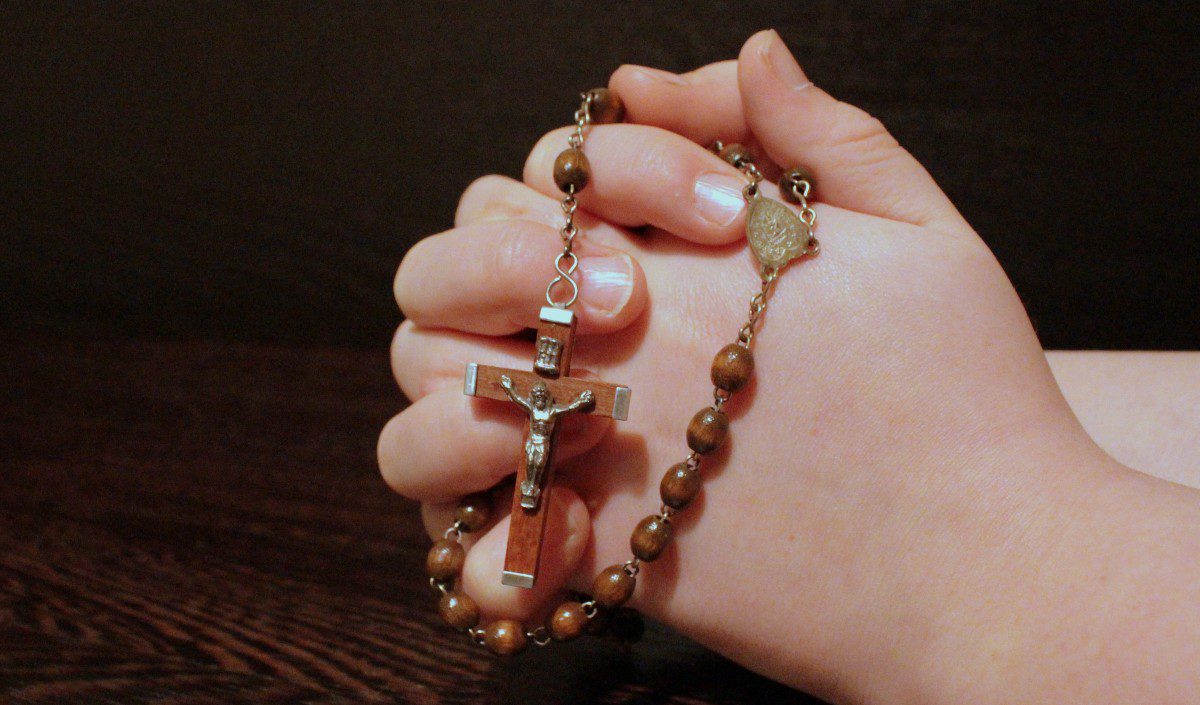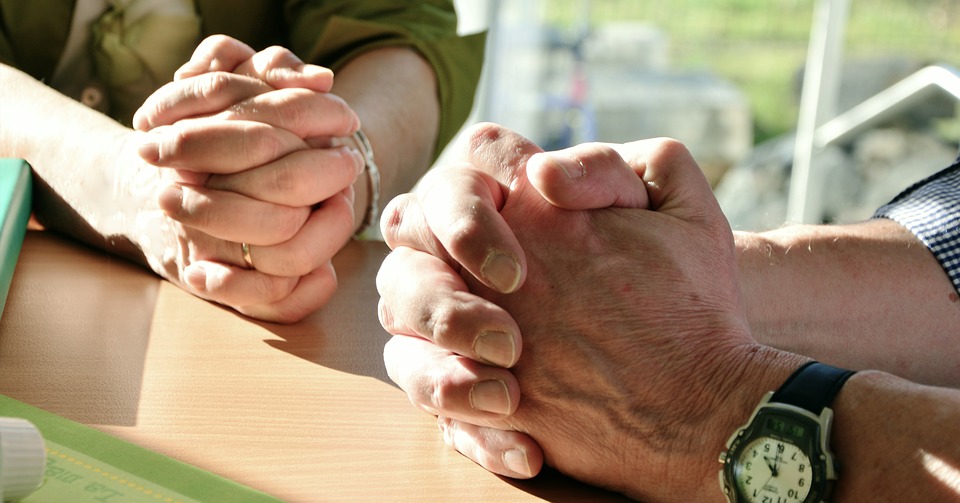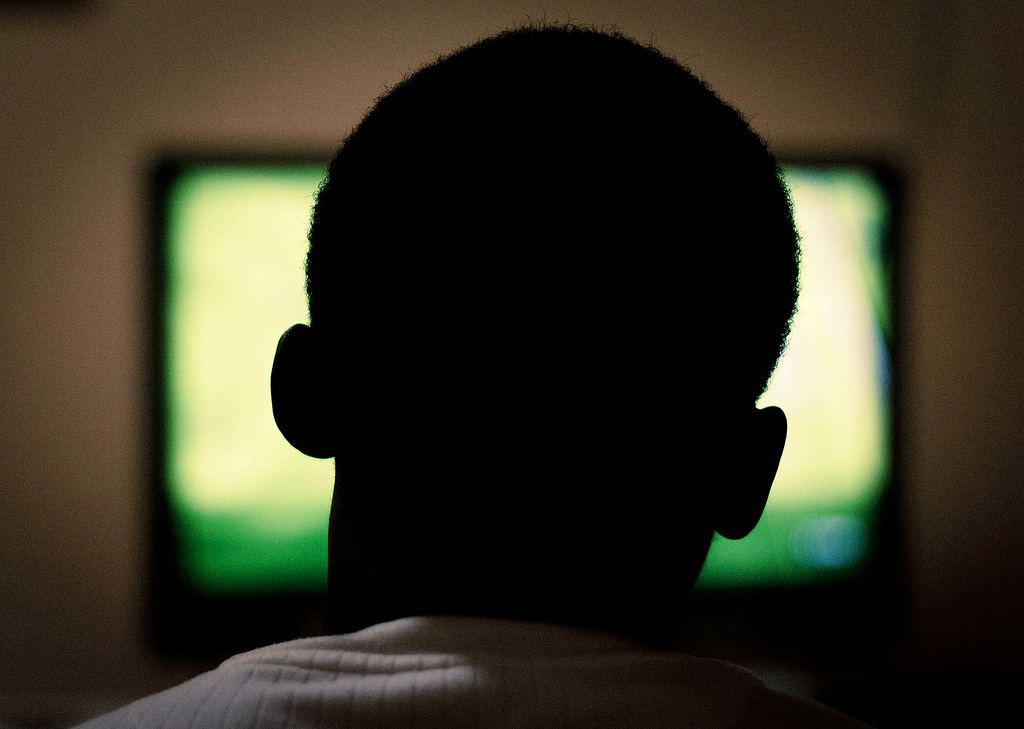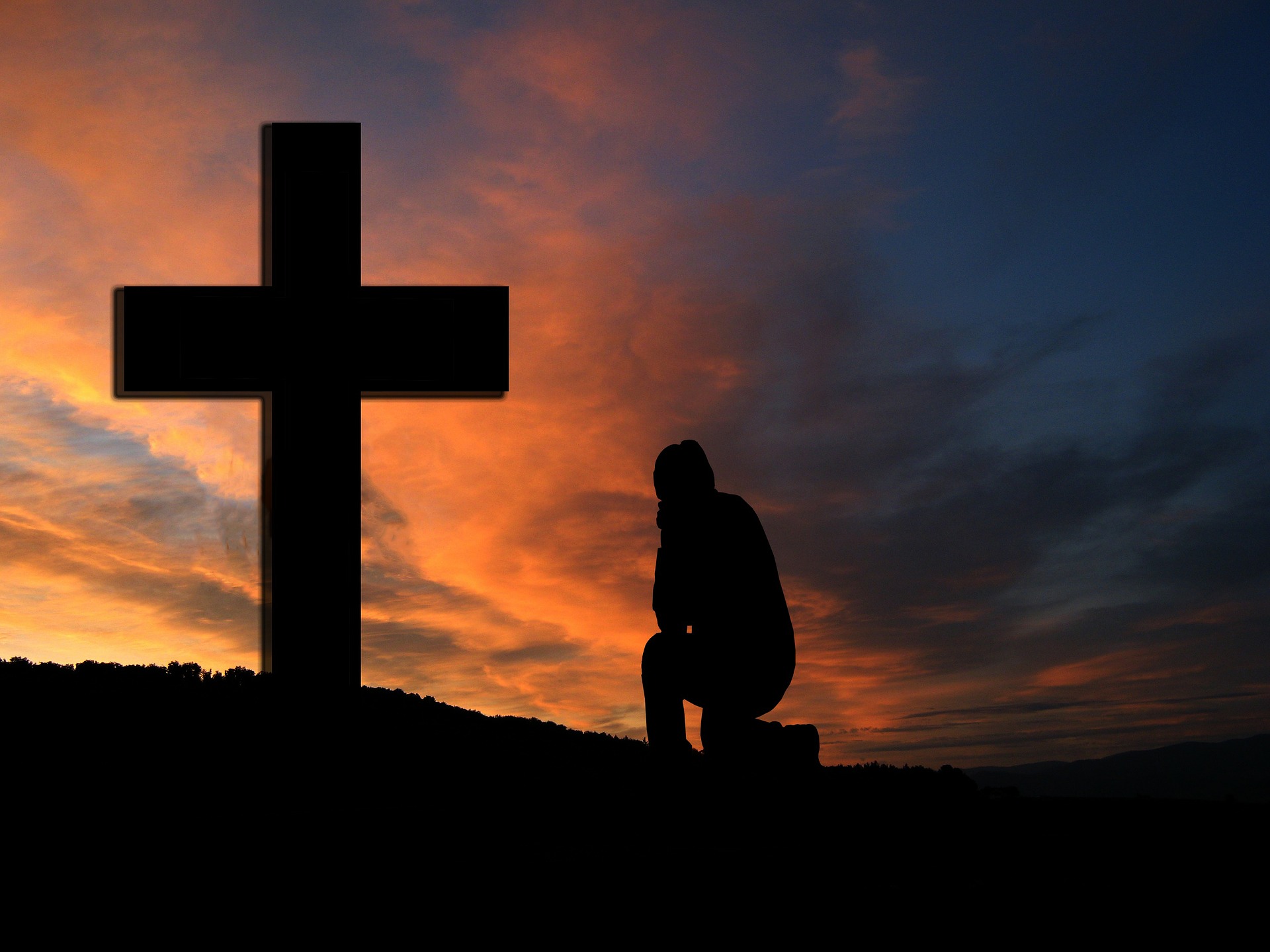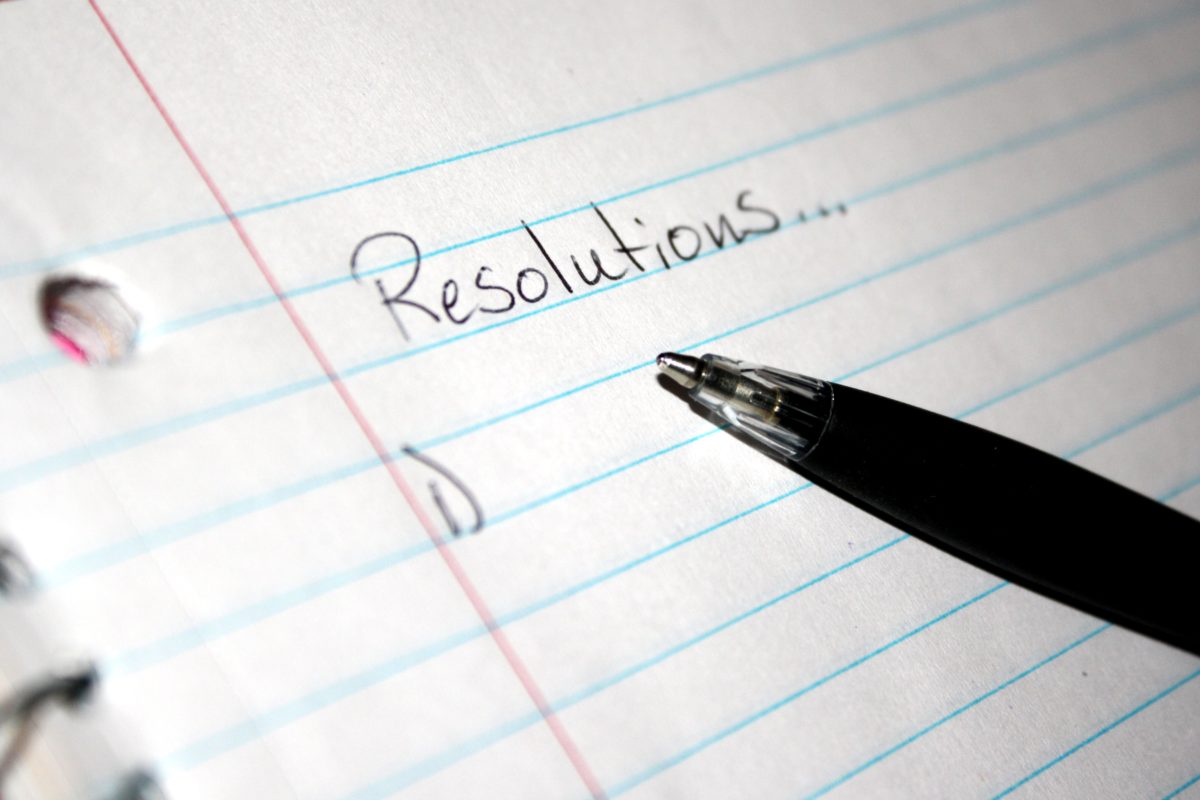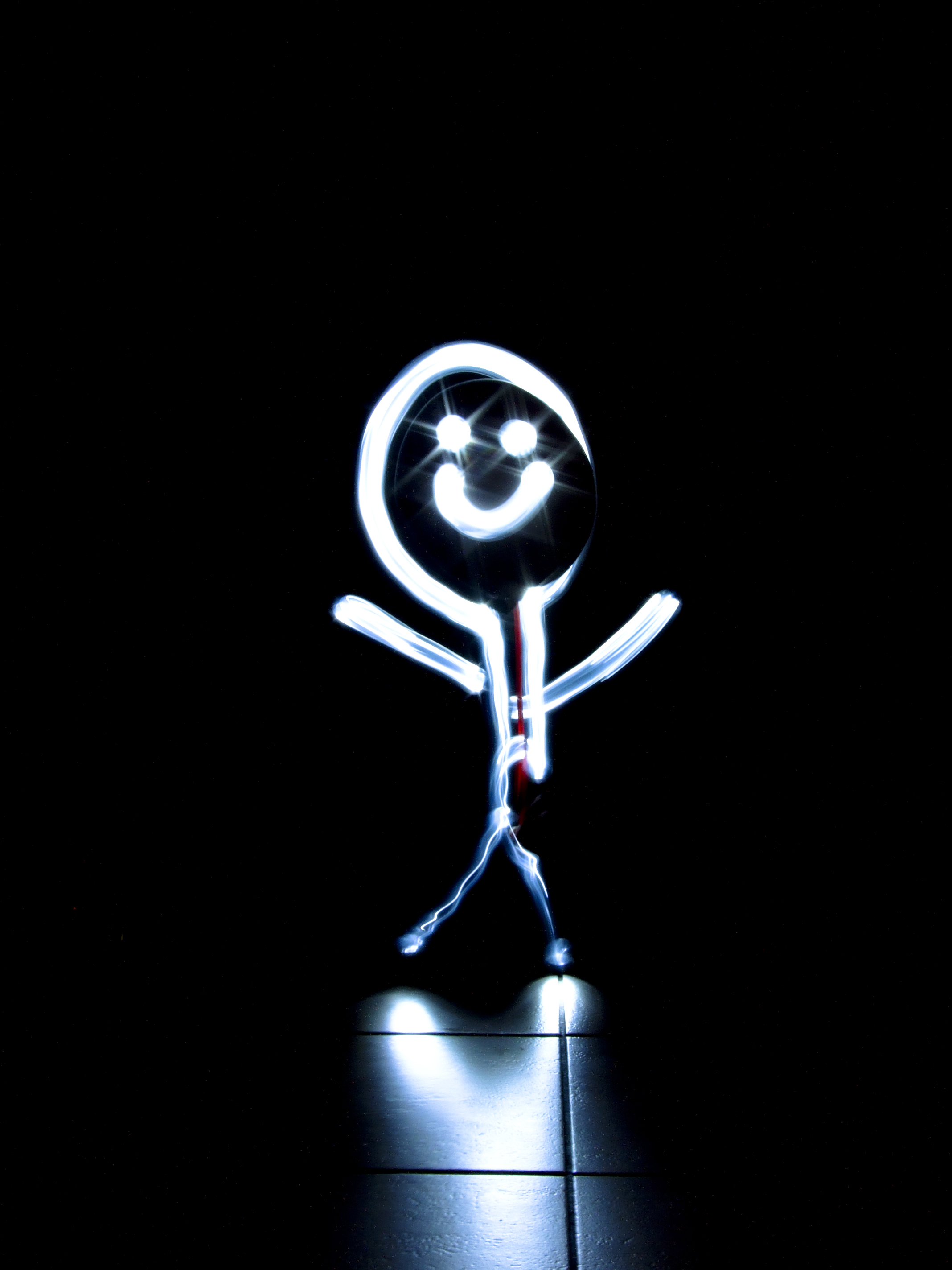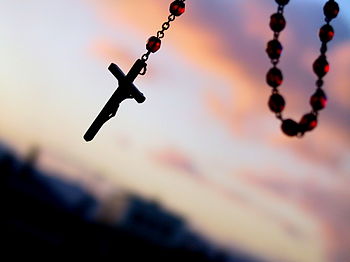I read this post on DesiringGod.org about why God introduced boredom into His divine plan. He explains:
Boredom is the relentless experience of not finding satisfaction in this world. Something starts out being exciting, satisfying, but soon we weary of it and we need something else.
I think that is God’s design in this universal experience of boredom: to point us to the origin of everything interesting, to the world where no one will ever be bored again — God’s presence through Jesus Christ.
If I understand this article correctly, boredom is God’s way of telling us to try some other way to find satisfaction in our lives. The cycle of trying something new, getting bored, and trying something else eventually brings us closer to God. If we never got bored, we would just be content with the status quo and never have a drive to strive for something more like finding a deeper relationship with God.

I’m working hard to make the most of the boring moments of my life. Or rather, I want to be aware enough to know when I’m trying to satisfy my boredom in unfulfilling ways. Like empty calories in a diet, my boredom is telling me that I need to find something more substantial in my life. Here are some ways to make the most of boring situations.
Embrace Doing Nothing
Your body needs rest, including your brain. We all need a little down time where we aren’t actively doing something. It’s not easy when there are so many ways to spend our attention. Like starting a new exercise routine or a diet, you have to start small when it comes to quiet time. Now that the weather is nice, I try to sip my morning cup of coffee outside in the back yard. No screens, no podcasts, no exercising — just me alone with my thoughts. These sessions only last 3-5 minutes before my urge to “be productive” becomes too powerful to resist. But, taking a few minutes to center myself does have a positive impact on my day.
Hold Conversations
One aspect that is lost in our age of streaming video and smartphones is conversation. When you’re feeling bored, try having a conversation with someone whether that be your kids, spouse, siblings, or friends. This has the added benefit that you now have multiple people no longer isolated in front of their screens. It also helps forge a tighter connection between people. I’ve heard repeatedly that you can’t evangelize strangers. By talking with people, you introduce opportunities for evangelization.

Pray
Often, boredom may be God’s way of telling you to get in touch with Him in prayer. I know there are so many times when I’m feeling bored, and I reach for my smartphone when I should really reach for my Rosary or a Bible. I think of how much time I spend in front of devices and how relatively little time I spend with God.
We so often operate in “Martha Mode.” If you recall in John’s Gospel, Martha was hosting Jesus and was busy handling all the details of the event. Her sister, Mary, sat and listened to Jesus. Martha was upset feeling that Mary wasn’t spending her time wisely when there was so much work to be done. We so often act like Martha — how can we rest and relax when there is so much to do? But there will always be things to do. We can’t perpetually push out spending time with Jesus in prayer because there is work to be done. That will lead to us increasing our boredom because we aren’t filling our time with the ultimate source of satisfaction — Jesus Christ.
Don’t Multitask
I’m still working on taking advantage of boredom. I often continue to “doom scroll” before going to bed or watch one more pointless video clip. But one thing I’m really trying to cut back on is multitasking. If you look at the modern family (mine included), you will see us eating dinner with our heads down in books, magazines, and phones. I’m working at being present and focused on whatever the event is. If I’m watching sports, then I’m watching sports. If I’m talking to someone, I’m talking to someone! It’s better to have a single good experience than try to cram in three superficial experiences by multitasking.

When it comes down to it, we all just need to slow down. The world isn’t going to come to an end when we don’t look at a screen for an hour. We don’t have to cram 36 hours of tasks into a 24-hour period. Sometimes, it’s okay to take a little break and allow a little boredom into our lives. God is better able to reach us when we’re still.

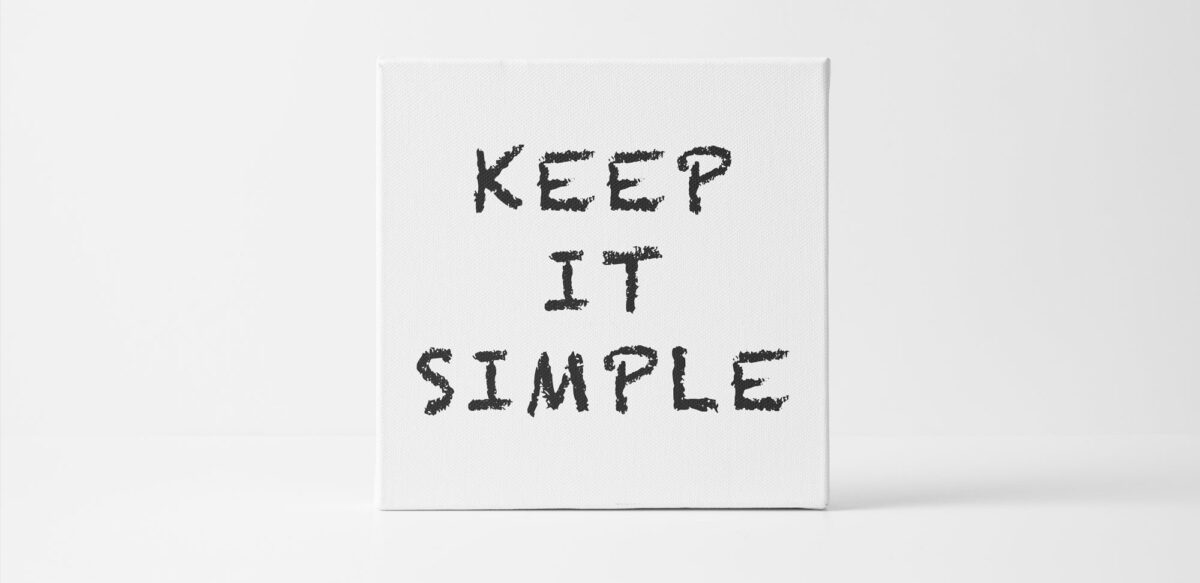
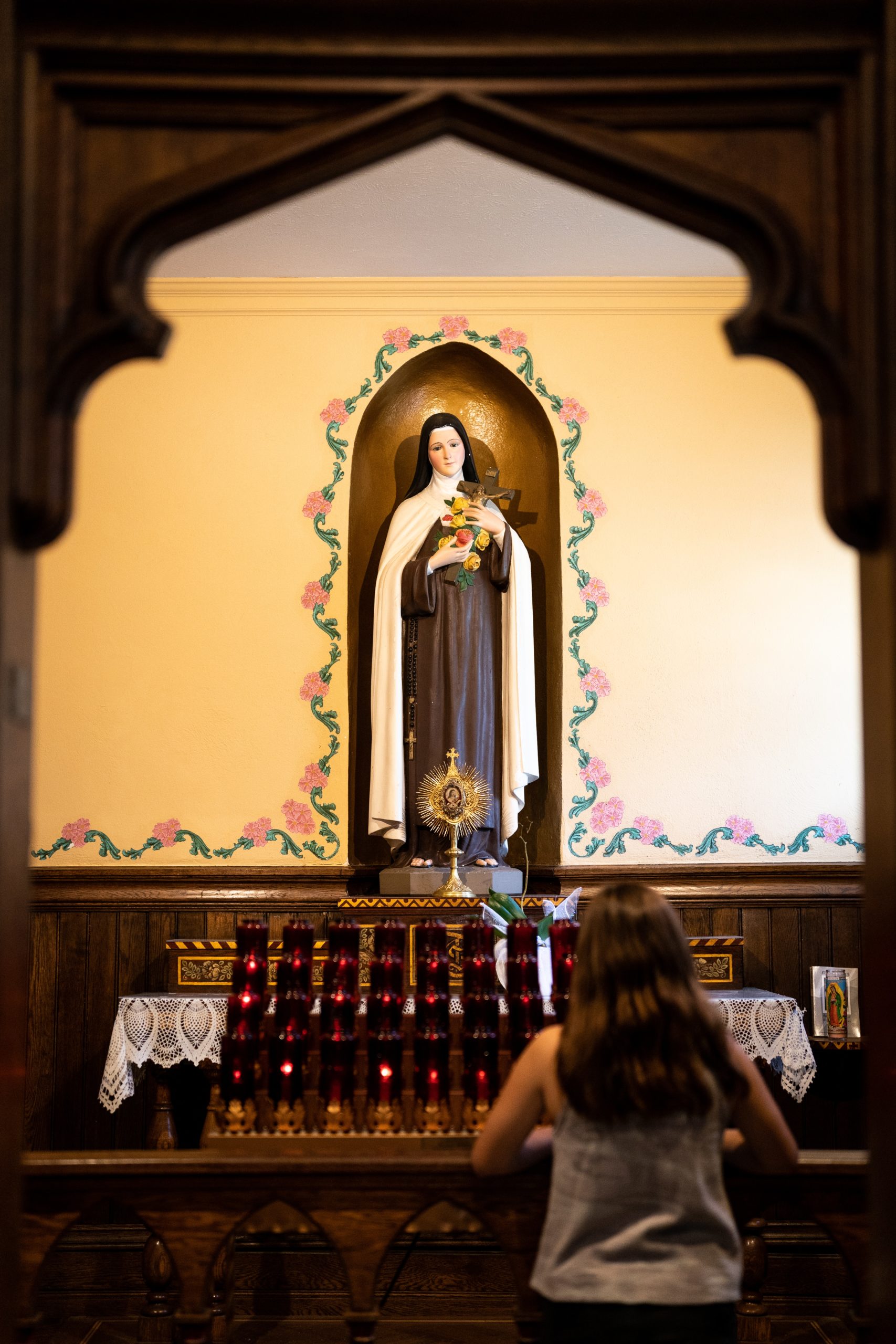

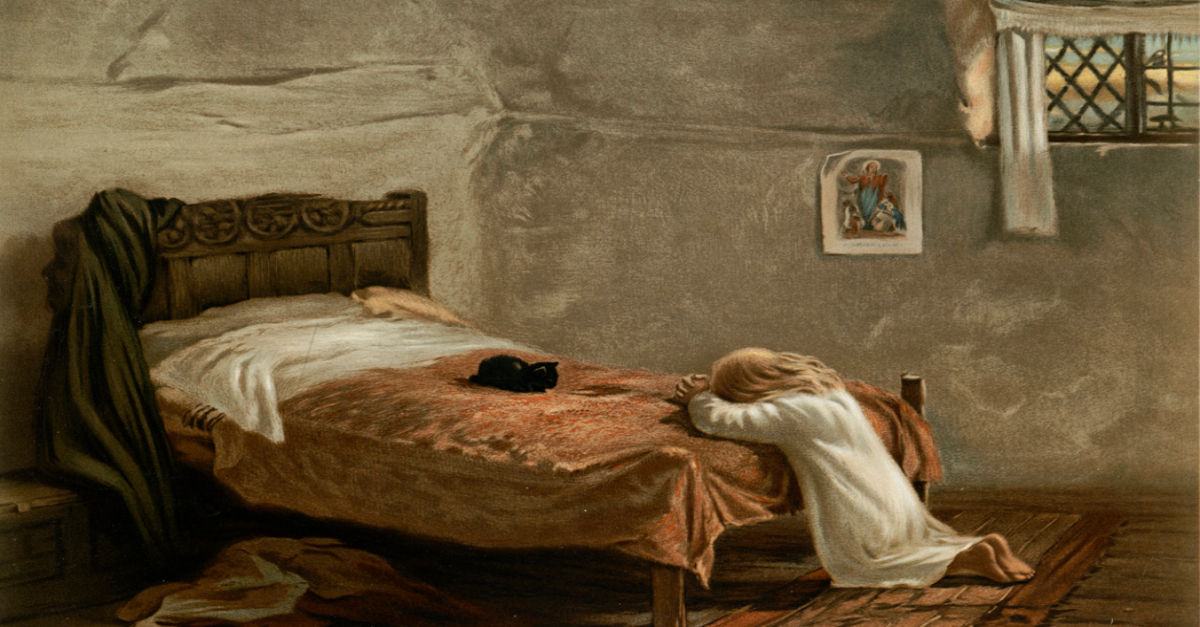

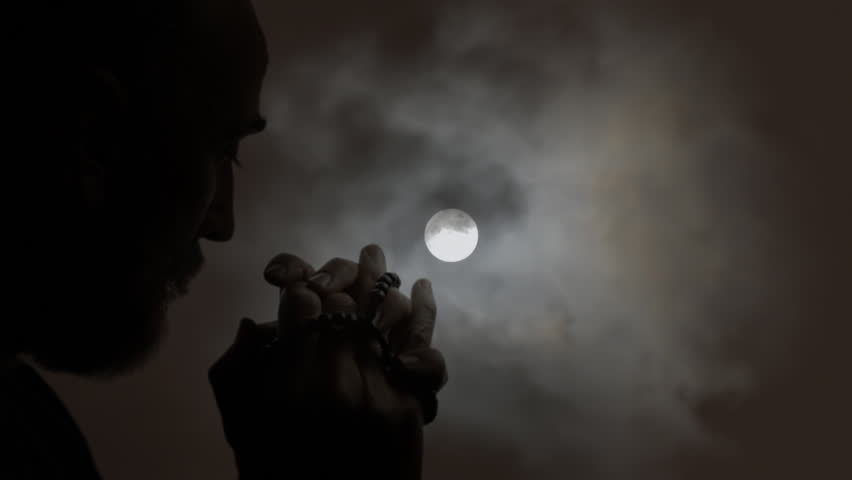)
